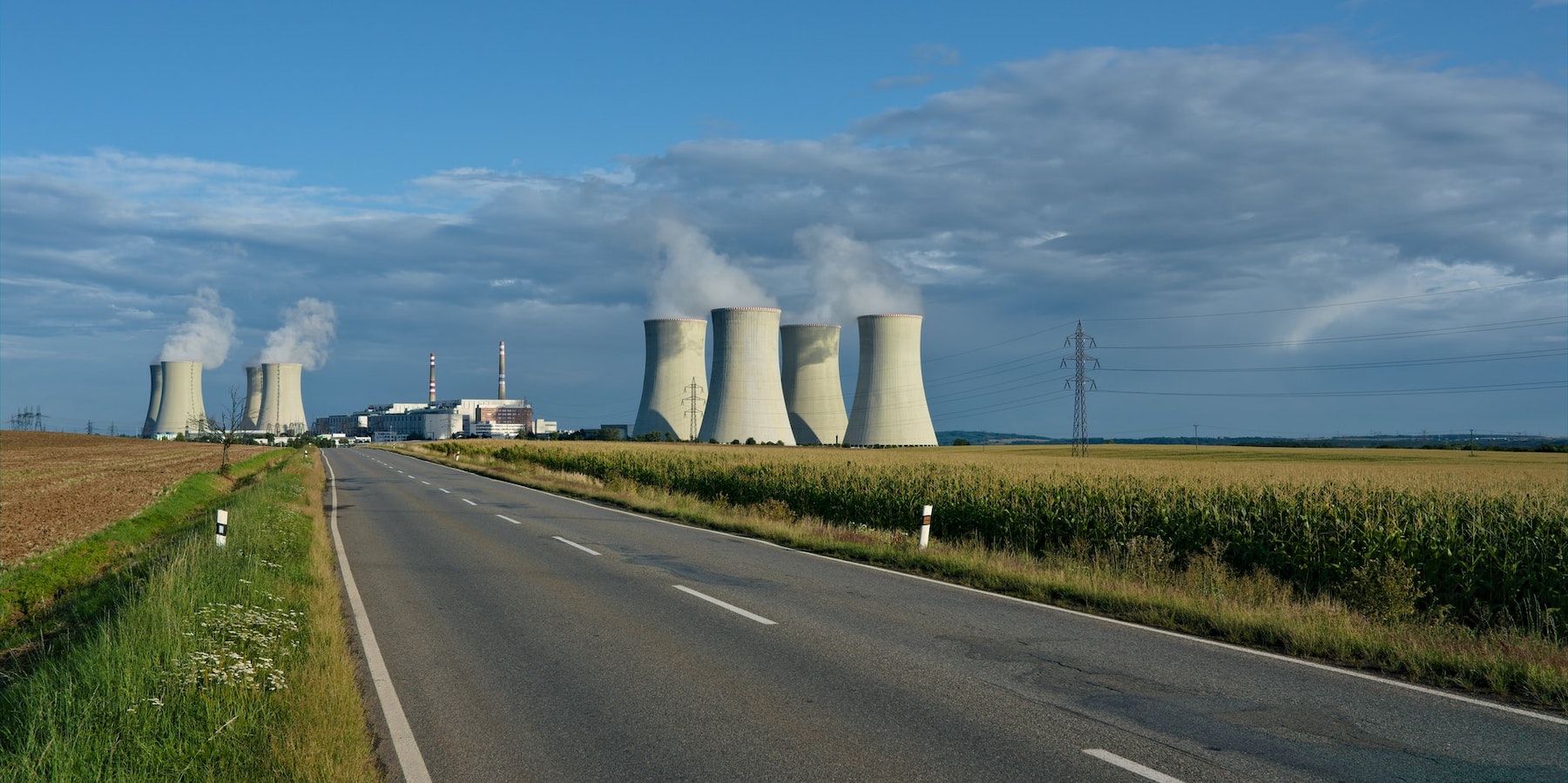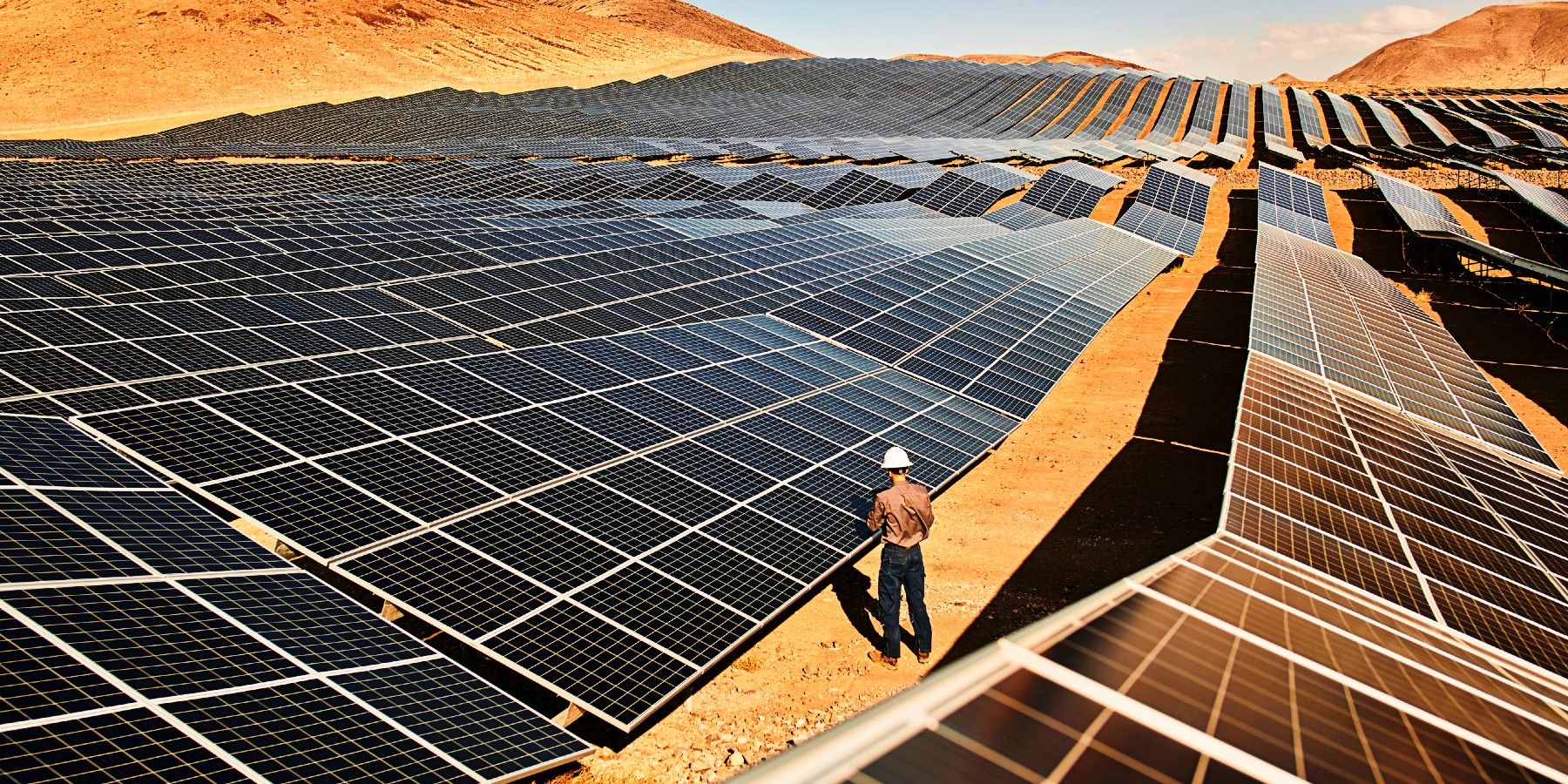The world should be using more nuclear power because it is clean, safe, reliable, and a highly efficient means of energy production, so why isn't that happening? Nuclear power has been around for decades and there have been many improvements over older designs to help add more safety as well as efficiency to the plants. These power plants are a major benefit to society and could help pave the road towards a carbon-free energy future.
The background of nuclear power has both a positive and negative history which starts with the scientific discovery of nuclear fission by Otto Frisch and Lise Meitner in 1938, which lead to the development of the atomic bomb. Nuclear fission can have catastrophic results when used as a weapon, and an improperly designed power plant can lead to disasters like Chernobyl in 1986. Sometimes, even properly designed plants can fail such as the Fukushima nuclear disaster in Japan back in 2011. These cases of disasters occurring from nuclear power have painted a picture in the minds of many that nuclear energy is dangerous and leads to massive death or radiation poisoning. But, perception and reality are two different things and nuclear fission is far from the deadly energy source that has been painted by years of misunderstanding.
Statistics are an objective place to begin when discussing the benefits of nuclear power and its lack of danger. As per Energy.gov, the carbon dioxide emissions in 2020 that were avoided by the United States were more than 471 million metric tons due to nuclear power. Power plants require less than 360 times the land area as wind farms and 75 times less than solar plants to produce the same amount of electricity. The entire nuclear waste produced in the U.S. over the last 60 years only takes up the space of a football field, not to mention there are ways to recycle nuclear waste and potentially use it as another form of energy generation in more advanced power plants. Our World in Data also shows that nuclear energy has resulted in over 99 percent fewer deaths than coal, over 97 percent fewer deaths than oil, and over 97 perecent fewer deaths than gas per terawatt-hour of energy production (and this includes events such as Chernobyl and Fukushima).
Nuclear Power Vs. Other Clean Energy Sources
What about other forms of clean energy though, such as solar or wind? Well, in terms of death rates, they are just as safe, with nuclear being slightly safer than wind at 0.03 deaths per terawatt-hours (TWh) against wind's 0.04 and solar at 0.02 deaths per TWh, being slightly safer than nuclear. Hydropower, as some people might think next is very safe as well, at 0.04 per TWh if we don't include China's Banqiao Dam Failure in 1975. Including this incident brings the number to 1.3 per TWh. The reason it's important to look at all of these numbers is that it proves how safe nuclear power is in comparison to not only fossil fuel, but to other clean sources of energy as well. Finally, the major advantages over other forms of energy are nuclear power's extreme reliability and output. More than 92 percent of the time throughout the year, nuclear power plants produce maximum power which is greater than wind and solar by a factor of three and coal and gas by a factor of almost two.
Overall, nuclear power is the way forward if the world is to move away from carbon-emitting energy sources in the quickest and most energy-efficient way. The obstacles in the way of nuclear adoption as mentioned earlier, being public perception and cost, can both be addressed. The cost can be addressed through subsidies and many other economic and tax benefits, as explained by The World Nuclear Association, and public perception can be fixed by education. However, this is not to say that other clean energy sources should not be invested in at the same time. Solar, wind, and other clean sources of energy should continue to be used, with nuclear power utilized alongside.
Source: Energy.gov, Our World in Data, World Nuclear Association


